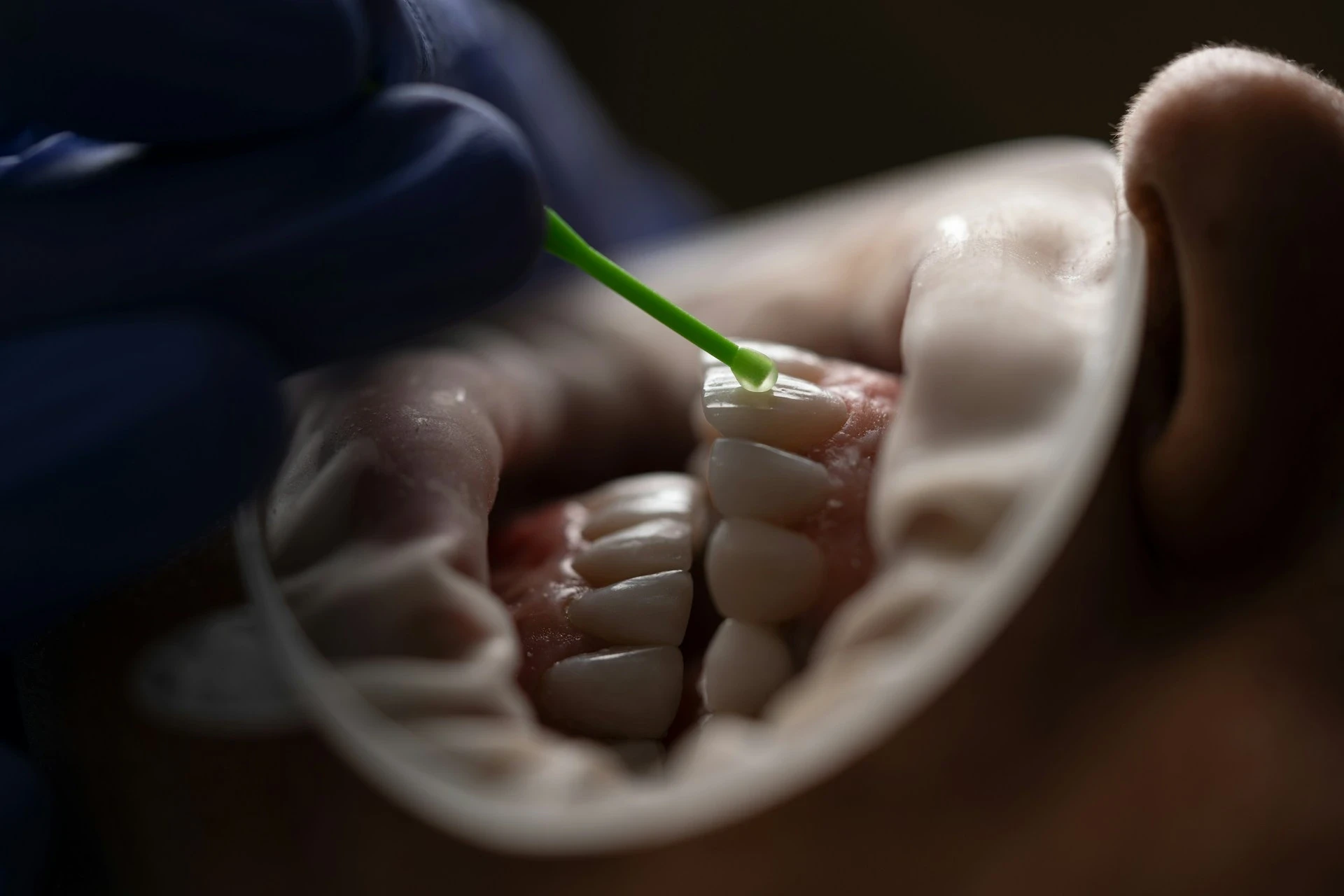Mar 9, 2025
Tooth Sensitivity: Causes, Treatments, and How to Remedy It
Introduction
Tooth sensitivity is one of the most common dental issues, affecting millions of people worldwide. Whether it’s a sharp and sudden pain when drinking a cold beverage or discomfort caused by hot foods, sensitive teeth can be uncomfortable and sometimes debilitating. In this blog, we will explore the causes of tooth sensitivity, the available treatments, and tips on how to manage this condition.
What are the causes of tooth sensitivity?
Tooth sensitivity occurs when the underlying layer of your teeth, called dentin, is exposed. Normally, enamel protects dentin, but when enamel wears away or gums recede, dentin becomes vulnerable to external stimuli, such as hot or cold temperatures. Common causes of sensitivity include:
Worn enamel: Brushing too hard, using abrasive toothpaste, or consuming acidic foods can wear down enamel.
Gum recession: When gums recede, they expose the roots of the teeth, which are more sensitive.
Cavities: A cavity can expose the inner parts of the tooth, causing discomfort.
Teeth grinding: Grinding teeth wears down enamel and increases sensitivity.
How to manage sensitivity
Managing tooth sensitivity begins with identifying the cause. Here are some tips to help alleviate discomfort:
Use a desensitizing toothpaste: These toothpastes contain compounds that block nerve pathways in the teeth, thereby reducing sensitivity.
Avoid foods and drinks that trigger sensitivity: If hot, cold, or acidic foods cause discomfort, try to avoid them or consume them in moderation.
Brush gently: Use a soft-bristled toothbrush and make gentle brushing motions to avoid damaging enamel and gums.
Wear a mouthguard: If you grind your teeth, a dentist can provide you with a mouthguard to protect your teeth during sleep.
Professional treatments
If sensitivity persists, professional dental treatments may be necessary. These treatments include:
Fluoride treatment: Applied in-office, fluoride varnish can strengthen enamel and help reduce sensitivity.
Dental sealants: Sealants can be applied to areas of your teeth that are prone to sensitivity, providing a barrier to external stimuli.
Root canal treatment: In more severe cases, a root canal may be necessary to treat the inner part of the tooth and alleviate extreme sensitivity.
Prevention tips
To prevent the onset of sensitivity, be sure to brush your teeth twice a day with fluoride toothpaste.
Use a soft-bristled toothbrush to avoid enamel wear.
Use dental floss daily to remove plaque between teeth and along the gum line.
Limit the consumption of acidic foods and avoid sugary snacks to reduce plaque buildup.
Conclusion
Tooth sensitivity should not disrupt your life. With proper care and treatment, you can reduce discomfort and protect your teeth from further damage. If you have sensitive teeth, consult your dentist for a personalized treatment plan.





